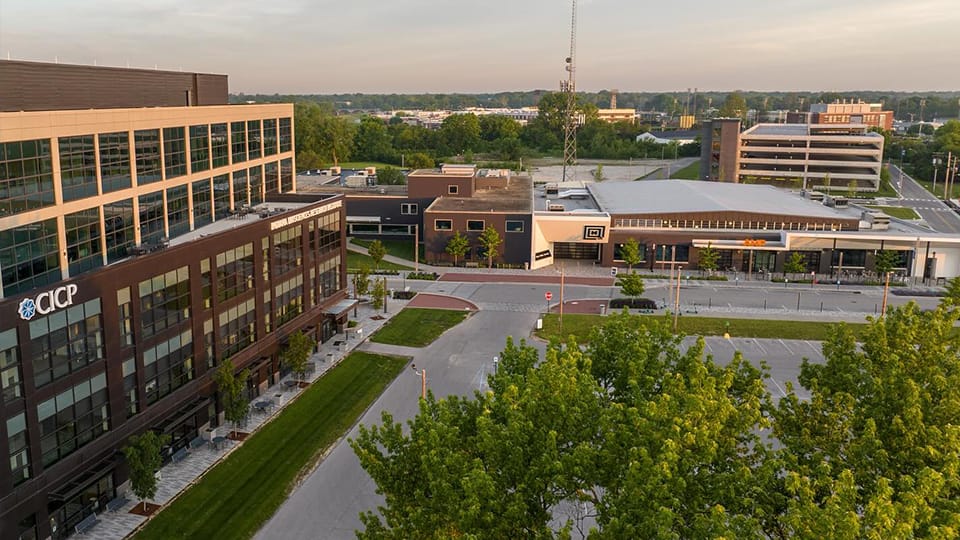Purdue to open audiology research center in Indianapolis
Subscriber Benefit
As a subscriber you can listen to articles at work, in the car, or while you work out. Subscribe Now
Purdue University is looking to address what it calls an urgent need for accessible precision audiology in Indiana, particularly among underserved populations.
The university announced this month that it will establish the Accessible Audiology Research Center at the 16 Tech Innovation District in downtown Indianapolis.
The center will feature a faculty team led by Michael Heinz, associated head for research in Purdue’s Department of Speech, Language, and Hearing Sciences. The university said the center will focus on using artificial intelligence-enabled analysis tools to create more testing and treatment capabilities for hearing issues.
“Using AI to better analyze measures of hearing loss, the goal of this research center is to develop better testing methods and improve the hearing and overall well-being for people living in central Indiana and beyond,” Karen Plaut, executive vice president for research at Purdue, said in a news release.
Purdue said by locating the center at 16 Tech, officials hope to reach diverse populations with information about the health and economic impacts associated with untreated hearing loss.
Untreated hearing loss is associated with increased cognitive decline, dementia, social isolation, falls and mental health disorders, the university said, along with other comorbidities such as cardiovascular disease and diabetes.
“Our Indianapolis presence within the innovation hub in the 16 Tech Innovation District…provides a unique opportunity for us to establish APARC in a community-based ecosystem that includes many other initiatives aimed at accelerating transformative health solutions for central Indiana and beyond,” Heinz said in the release.
About 40 million adults nationwide have trouble hearing, according to Purdue, and only one audiologist exists for every 14,000 people.
The center will be located adjacent to Purdue University in Indianapolis, which officially launches July 1. Purdue said the center is being funded with support from “several significant grants” from the National Institutes of Health.
